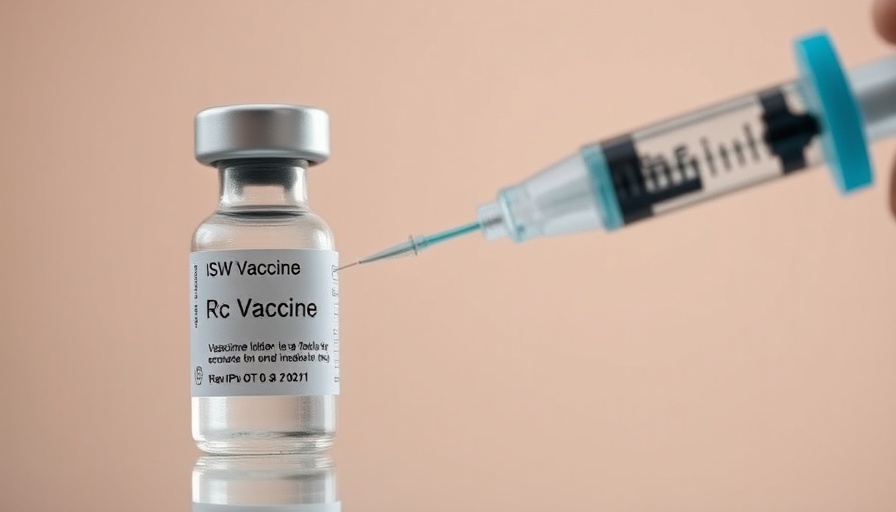
NIH's Shift: A Blow to mRNA Vaccine Research?
In a surprising move, National Institutes of Health (NIH) officials have reportedly urged researchers to strip all references to mRNA vaccine technologies from their grant applications. This alarming directive raises concerns about the future of a pivotal area in biomedical research. The mRNA technology, highlighting successful applications like COVID-19 vaccines, was crucial in preventing infections and saving lives. With over 130 ongoing studies funded by NIH in mRNA research—spanning infectious diseases, including flu and AIDS and promising cancer treatments—the viability of this field has come significantly into question.
Vaccine Hesitancy Research: The First Casualty
Compounding this issue, the NIH is terminating grants aimed at understanding vaccine hesitancy. As reported in various sources, grants totaling at least 33 have already been cut, with more potentially on the horizon. These studies are crucial to investigating barriers to vaccine acceptance—especially relevant as vaccination rates dip across the United States, leading to outbreaks of previously controlled diseases. Critics argue this is a deleterious move, as awareness of vaccine hesitancy is vital during public health crises.
Political Implications: Research Under Siege
The backdrop of these developments is a political landscape marked by a stark shift in health policy. This adjustment appears to align with the priorities of the Trump administration and HHS Secretary Robert F. Kennedy Jr., known for his vocal skepticism of vaccines. This shift has led to widespread concern among the scientific community that essential public health research funding may be politically compromised.
Concerns from the Scientific Community
Scientists have expressed anxiety and frustration over these developments. Emails from NIH leadership suggest that restructuring operational priorities will now jeopardize crucial research endeavors. The broader implications of this are troubling, as cutting these grants does little to combat vaccine skepticism and may significantly undermine comprehensive responses to future pandemics. Dr. Jonathan Temte, for example, underscores the danger of defunding research on vaccine hesitancy, as it exacerbates the very issues the research seeks to address.
A Call for Transparency in Research Funding
As NIH rethinks its funding directives, many advocate for clarity and the reinstatement of funding for projects that do not align with a politically motivated agenda. The integrity of scientific inquiry should remain intact, independent of outside influence. If mRNA vaccine research is to be discarded simply because it doesn't serve current agendas, the entire biomedical landscape could be altered for the worse.
The future of mRNA technology research remains precarious, and scientists anxiously await further directives from NIH. As individuals passionate about health and wellness, it’s our responsibility to advocate for continued research into effective interventions to public health challenges. Stay informed and engaged—your voice matters in the dialogue surrounding medical research funding!
 Add Row
Add Row  Add
Add 




 Add Row
Add Row  Add
Add 



Write A Comment